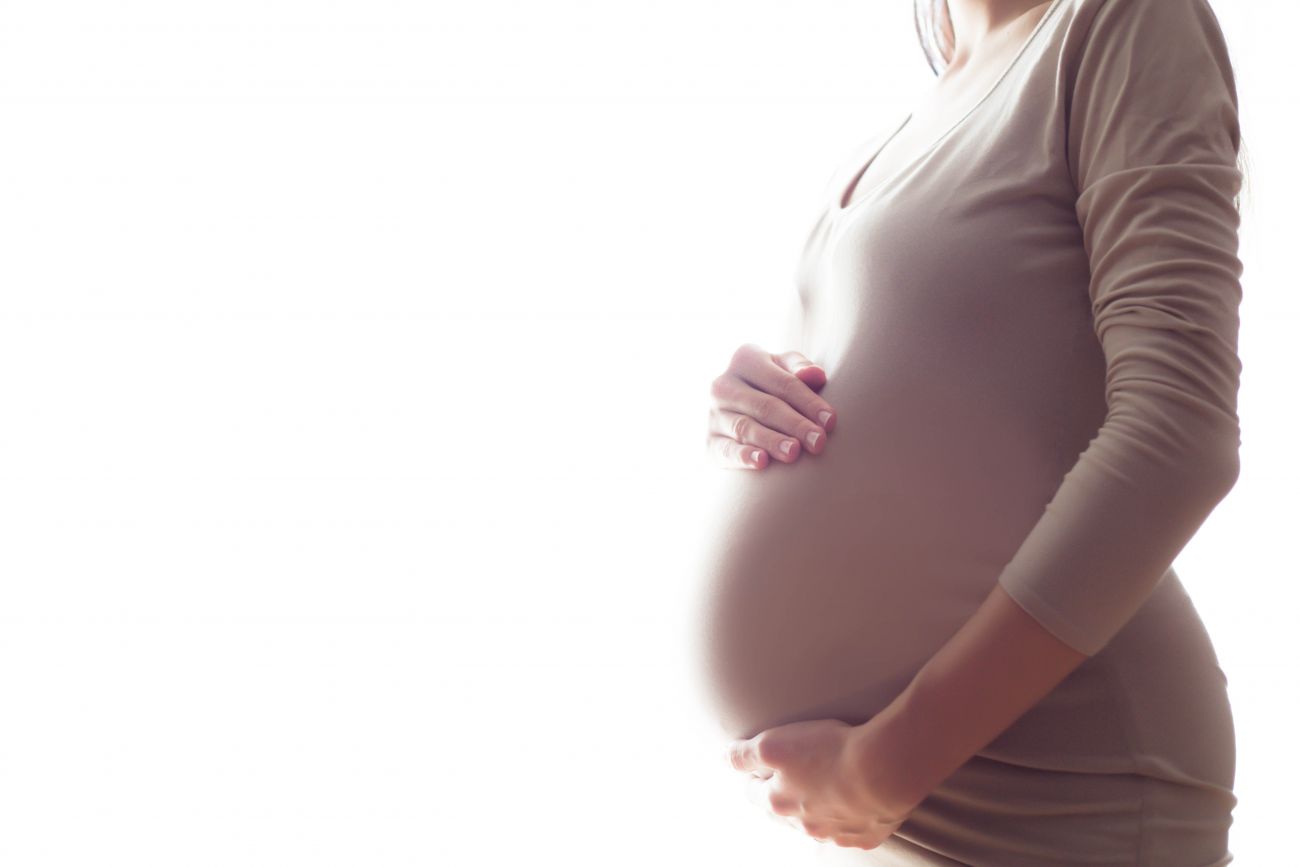Pregnancy can be one of the most exciting and fulfilling times of a woman’s life. Although receiving a cancer diagnosis during this period of time is rare, it can, unfortunately, still happen. It is important for women to remain educated on cancer and how it relates to pregnancy.
In general, the three main types of cancer treatment at Roswell Park Comprehensive Cancer Center are surgery, chemotherapy, and radiation. Each can have an effect on the mother and unborn baby. One should avoid unnecessary radiation and potential toxicity in diagnostic procedures such as CT scans, X-rays (MRIs do not have any risk for radiation exposure and should be safe in pregnancy). However, the benefits of these interventions sometimes outweigh the risks, so consulting with a multidisciplinary team of cancer and pregnancy specialists can be valuable. Fetuses may be more susceptible to toxicities while their organs are still developing. This period of time, known as organogenesis, can begin from as early as 10 days into the pregnancy, but typically, is recognized as being between 3-8 weeks after fertilization. Many interventions are delayed until the second trimester or later to minimize toxicity during this critical time.
If it is necessary to include multiple treatment strategies such as surgery, radiation or chemotherapy as part of the treatment, therapy may be specially tailored to spare the fetus unnecessary toxicity. A woman and her doctor may also decide it is best to delay treatment until after delivery if the pregnancy is far enough along.
Never miss another Cancer Talk blog!
Sign up to receive our monthly Cancer Talk e-newsletter.
Sign up!One of the most common type of cancer in pregnant women is cervical cancer. Pap smears, which are used to screen for cervical cancer, can be performed safely during pregnancy, as can cervical biopsies. Another common type of cancer in pregnant women is breast cancer. Although changes to the breast brought about because of pregnancy can sometimes make it more difficult to locate a mass, the pregnancy itself has not been shown to make the cancer more aggressive.
It is important to remember that, in most cases, cancer and pregnancy are unrelated events that occur simultaneously. Pregnant cancer patients should remember that support and care from friends and family can be invaluable. They must also be sure to ask plenty of questions to their healthcare provider, including how potential treatments may affect their baby and how the pregnancy impacts their prognosis.
